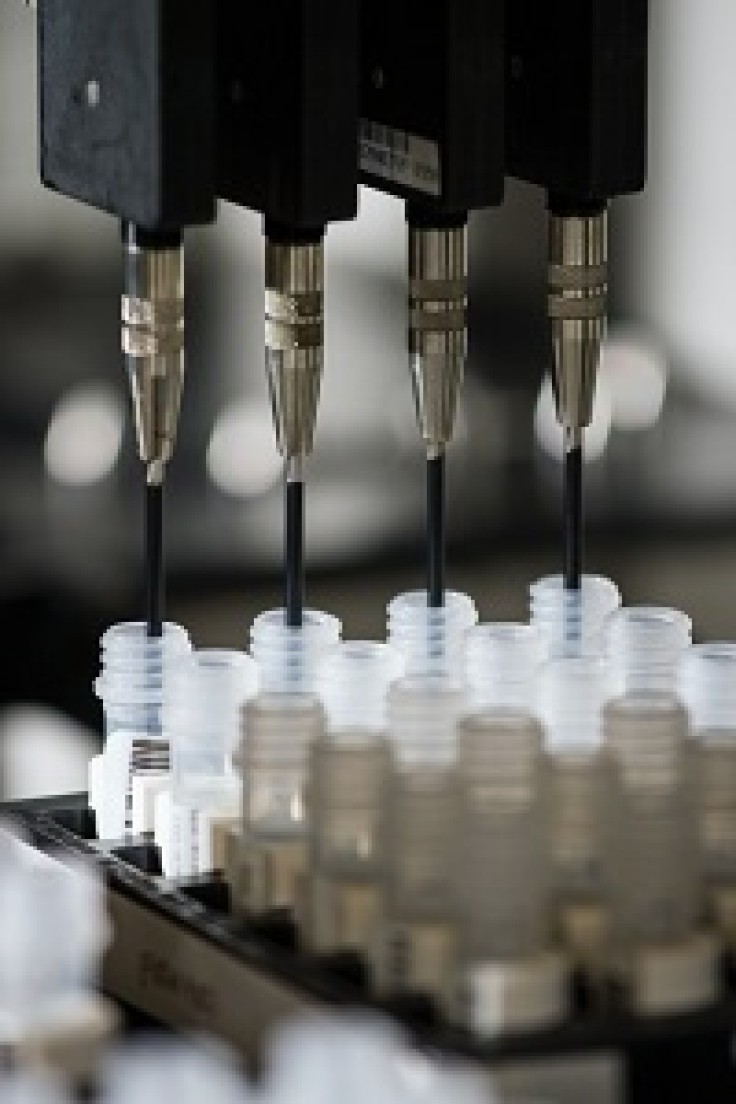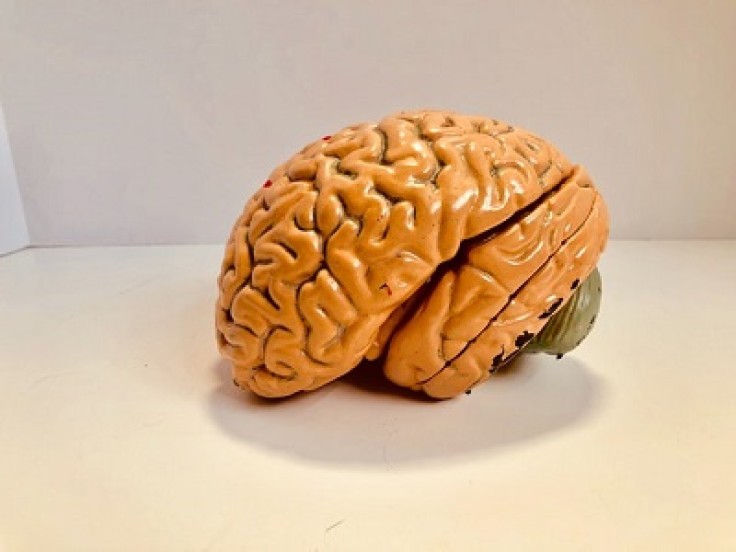The most common form of dementia, Alzheimer's disease, can now be detected using a new blood test. Study shows that the blood test could perform as accurately as expensive brain scans or spinal taps do.
On Tuesday, Alzheimer's Association International Conference researchers presented their results. They did multiple studies about whether blood tests could detect Alzheimer's against other forms of dementia.
Distinguish Alzheimer's disease
The team said that the test could distinguish the Alzheimer's disease from other types of dementia. It could also detect signs of the condition 20 years before people with the rare gene mutation develop cognitive problems.
See also: 5 Healthy Ways to Prevent Dementia

Using a blood test to detect the disease, doctors could provide a more precise result than memory and thinking tests could. Usually, they use invasive and pricey brain scans and spinal taps measuring spinal fluids.
The team said that they accuracy of distinguishing the disease from other types of dementia is about 89 to 98 percent of the cases. It is done by measuring protein tau.
Detect the disease early
The executive director of Banner Alzheimer's Institute in Phoenix, Dr. Eric Reiman, explained the new method. He said that the promising blood test seems accurate and could detect Alzheimer's disease early.
See also: Early menstruation linked to hot flashes during menopause, study proved
However, experts noted that to validate a blood test as a reliable option, doctors and researchers could take a few years. There is probably no one who would want to know that they will soon have the disease without a cure in the future.

Study new drugs for disease control
A neurology professor at the Washington University and Alzheimer's disease researcher, Randall J. Bateman, said what the test could do. He said that doctors, patients, and scientists could use the blood test to study new drugs to control it.
By detecting the illness early, doctors could start treatment with the FDA-approved drugs to help with symptoms. But what could be of greater help is if it could help find new drugs to slow or stop the disease affecting 5.8 million older people in the US.
For decades, drug companies have made therapies targeting amyloid proteins. They referred to the theory that it is causing the memory and thinking problems of Alzheimer patients. Some studies have tried to use these drugs to prevent brain damage.
See also: Omega 3 protects human brain against air pollution damage
Bateman said that the new method could be useful to try to stop or slow the illness. He said that the blood biomarkers could tell them when a person is going to be sick by using the information when they triage their patients.
The tau protein produced better results
Lund University in Sweden, Dr. Oskar Hansson, led a study of Eli Lilly's test. They measured the tau protein among more than 1,400 patients with dementia enrolled for the study. The p-tau217 test produced better results than brain scans. Its results are also comparable to some spinal tests and brain scans.
The study included 81 people who donated their brains upon death. The team proved that the blood test they did when the people were still alive matched the proof of the disease later. The Colombia part of the study had patients with a rare genetic mutation that are certain to develop the disease at around age 40.
Hansson said that their p-tau217 blood levels started to rise about 20 years before the symptoms showed.